Summary
- The adaptation of The Dark Tower must embrace violence to maintain the emotional weight and integrity of King’s multi-book series.
- Flanagan is capable of balancing violence and storytelling to capture the essence of Roland and his ka-tet.
- Authenticity in portraying brutality is essential for Flanagan’s adaptation, ensuring it serves a purpose and isn’t gratuitous.
Adapting Stephen King‘s The Dark Tower series is a Herculean task. It’s a sprawling, genre-defying epic that combines elements of westerns, fantasy, science fiction, and horror. At its heart, however, it is a deeply personal and unrelentingly brutal journey of Roland Deschain, the last Gunslinger, and his quest to reach the titular Dark Tower.
Filmmaker Mike Flanagan is well known for his mastery of horror and his ability to weave emotional depth into his stories. There’s a reason why King is trusting him not just with the story of Roland but is also allowing him to adapt Carrie as well. Still, The Dark Tower represents both a daunting challenge for the famed director and one thing is clear: Flanagan’s adaptation cannot pull any punches when it comes to the violence and brutality that define King’s multi-book series.
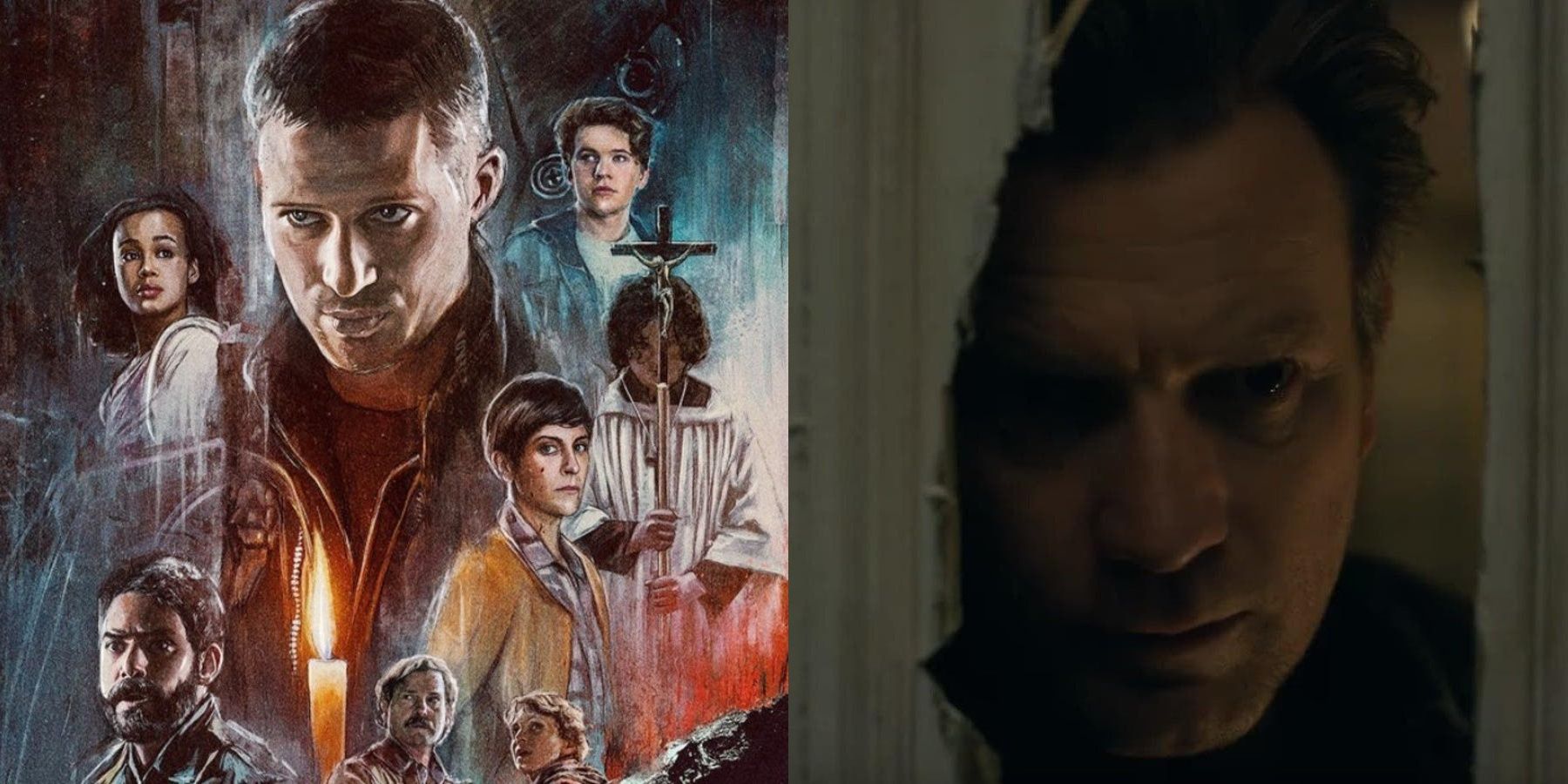
Related
This Mike Flanagan Film Is A Must See For Fans Of Midnight Mass
Midnight Mass was a masterful hit, but, in 2019 Flanagan made a brilliant film that covers some of the same themes that not enough people saw.
The Essential Role of Brutality in The Dark Tower
The Dark Tower is not just a story of a man on a quest; it’s a tale about the cost of obsession, the sacrifices demanded by destiny, and the unforgiving nature of the worlds Roland travels through. These themes are brought to life through moments of stark and often shocking violence. From the desolation of Roland’s home in Gilead to the blood-soaked streets of Tull and the devastating sacrifices he makes along the way, brutality is woven into the very fabric of the series.
The violence in The Dark Tower serves multiple narrative purposes. It underscores the harshness of Mid-World, which is essentially a dying land that is both desolate and filled with dangers around every corner. The deaths of key characters, often sudden and heartbreaking, emphasize the stakes of Roland’s journey and the moral ambiguity of his actions. These moments are not gratuitous; they are integral to the story’s themes and to its characters’ growth.
If Flanagan were to tone down this aspect of the story, it would rob the series of much of its emotional weight. It would also run the risk of sanitizing a story that is deeply rooted not just in gun play, but the idea that everyone’s lives are at risk. Innocents die often in the book series. That needs to continue in the Amazon Prime series.
If Flanagan were to tone down this aspect of the story, it would rob the series of much of its emotional weight.
Roland’s journey is not meant to be easy or sanitized. Every drop of blood spilled, every life lost, and every act of violence contributes to the profound questions at the heart of the series: What is the price of reaching the Tower, and is it worth it?
Mike Flanagan’s Approach to Violence and Storytelling
The good news here is that there is no indication in Flanagan’s body of work that suggests he’ll have any problem injecting violence and death into his version of The Dark Tower. In series like The Haunting of Hill House and Midnight Mass, he has demonstrated a keen ability to balance moments of horror, death and violence with emotional storytelling. Flanagan does not shy away from depicting violence, but he always ensures it serves a purpose. Even if that purpose is to shock the audience as he did so often in The Fall of the House of Usher.
Fall of the House of Usher offers a great deal of violence for shock value and cruelty.
It would seem as though Flanagan’s approach aligns perfectly with the needs of The Dark Tower. The series’ violence is not meant to shock for shock’s sake; it is a reflection of the brutal worlds Roland inhabits and the price he pays for single mindedness.
Flanagan’s talent for creating compelling characters will be crucial in capturing the essence of Roland and his ka-tet. The bonds between Roland, Eddie, Susannah, Jake, and Oy are the emotional core of The Dark Tower, and their shared hardships and sacrifices define their journey. By embracing the brutality of the worlds and their travels, Flanagan can highlight their struggles as they all balance having to use extreme violence with their own personalities.
The Balancing Act Of The Dark Tower
While staying true to the violence of The Dark Tower is essential, Flanagan will also need to navigate the fine line between authenticity and gratuity. The series’ brutality must feel earned and purposeful, not gratuitous or excessive. Striking this balance will be key.
Flanagan’s experience with emotionally driven horror suggests he is up to the task. His adaptation of King’s Doctor Sleep showcased his ability to handle difficult material with sensitivity and respect for the source. That movie didn’t have a ton of violence but it did use it on occasion, usually as a shock factor that grabbed the audience well.
King’s books make it clear that the journey to The Dark Tower is not an easy one nor for the faint of heart. Flanagan’s adaptation of the source material should make sure and stay in the mix with a level of violence that might surprise those who are used to tamer fare on Amazon Prime video.
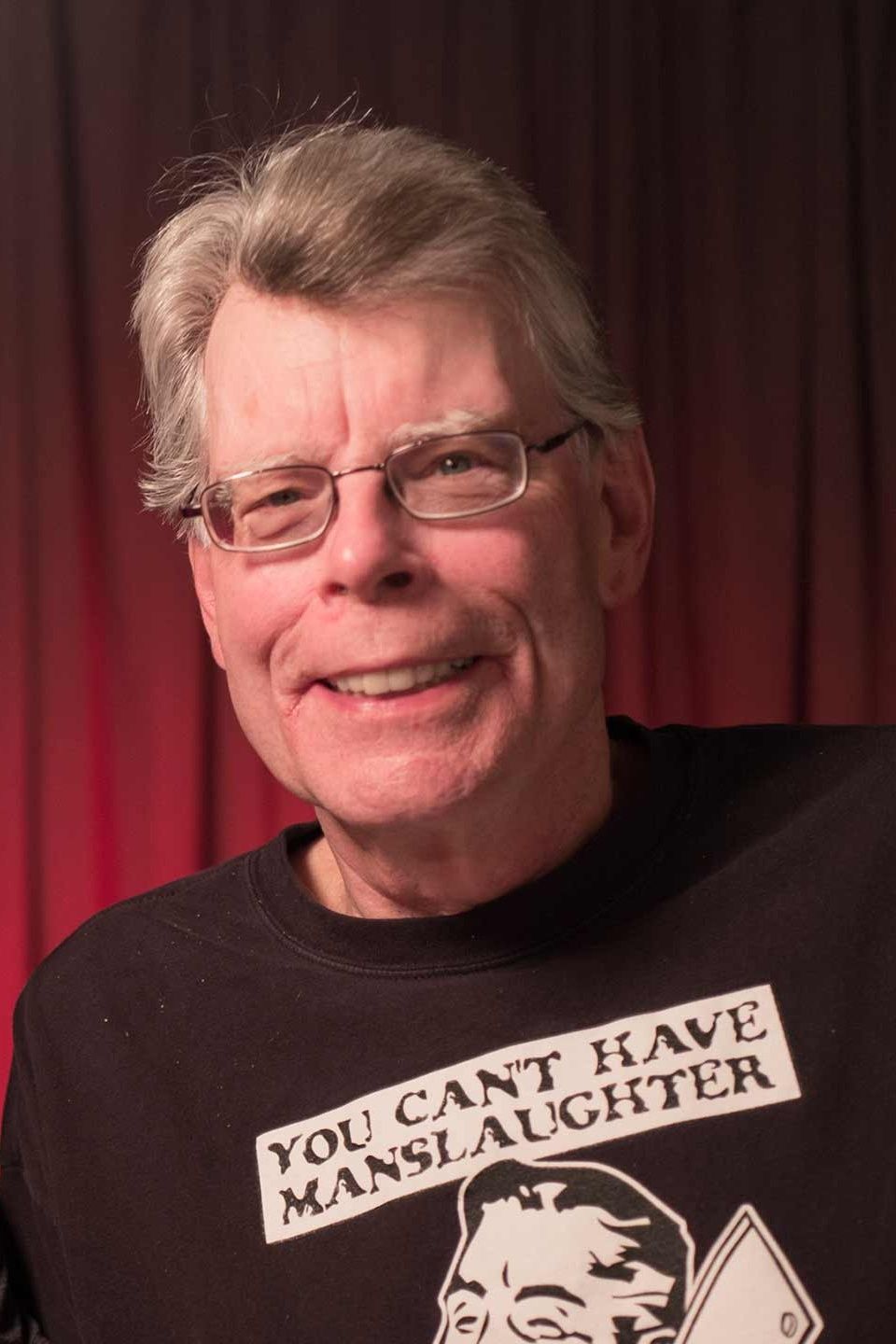
Stephen King
Stephen King is one of the most prolific living authors. A master of horror, King’s classic works include The Shining, Carrie, Cujo, It, and the Dark Tower series. Many of his books and short stories have been adapted to film and television, including The Shawshank Redemption, Lisey’s Story, 1408, Secret Window, and The Stand.
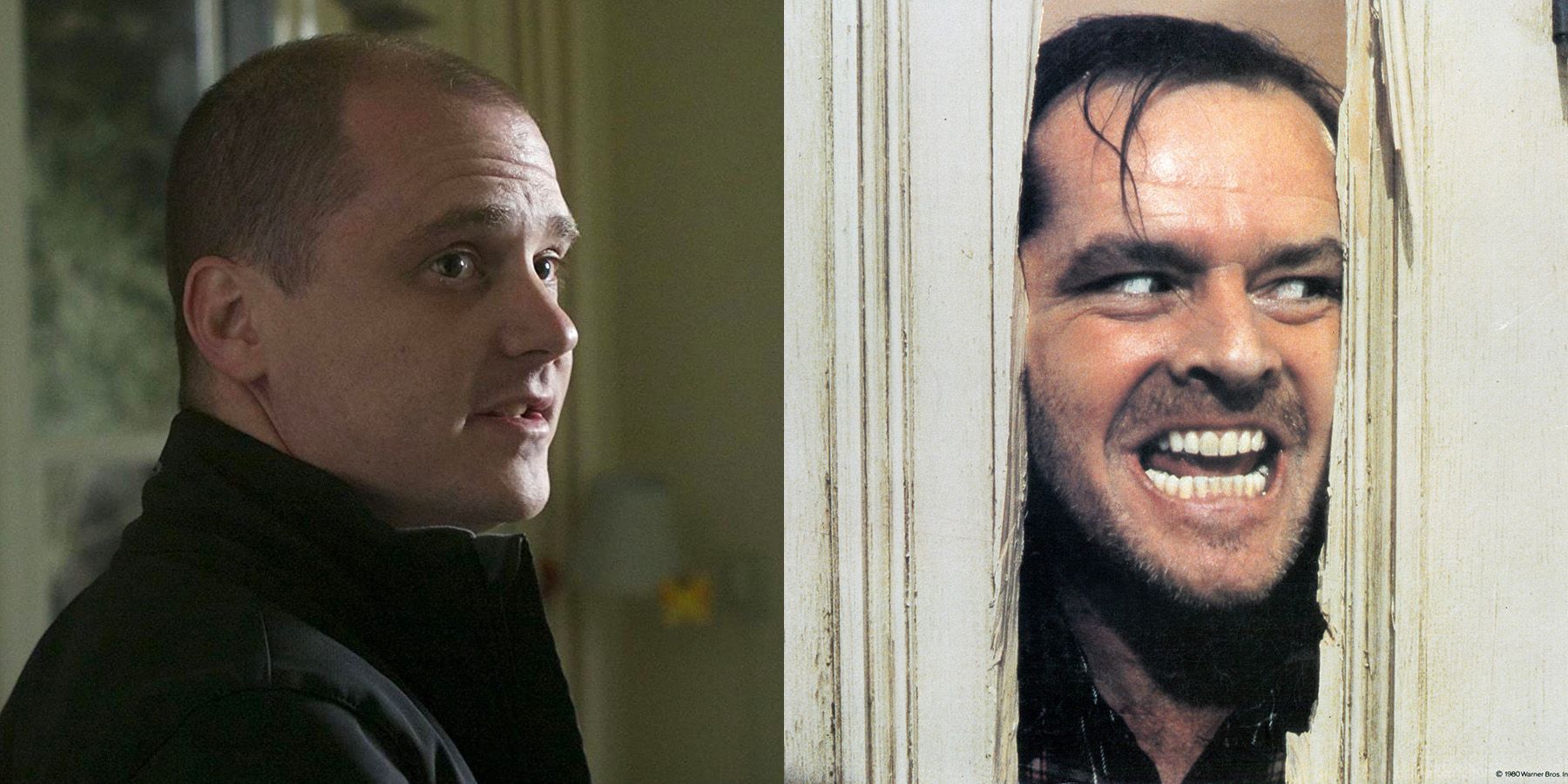
More
Mike Flanagan’s The Shining Prequel Scrapped Because Of Doctor Sleep
Mike Flanagan laments about a prequel to the horror classic, The Shining, that never happened because Doctor Sleep wasn’t a box office hit.
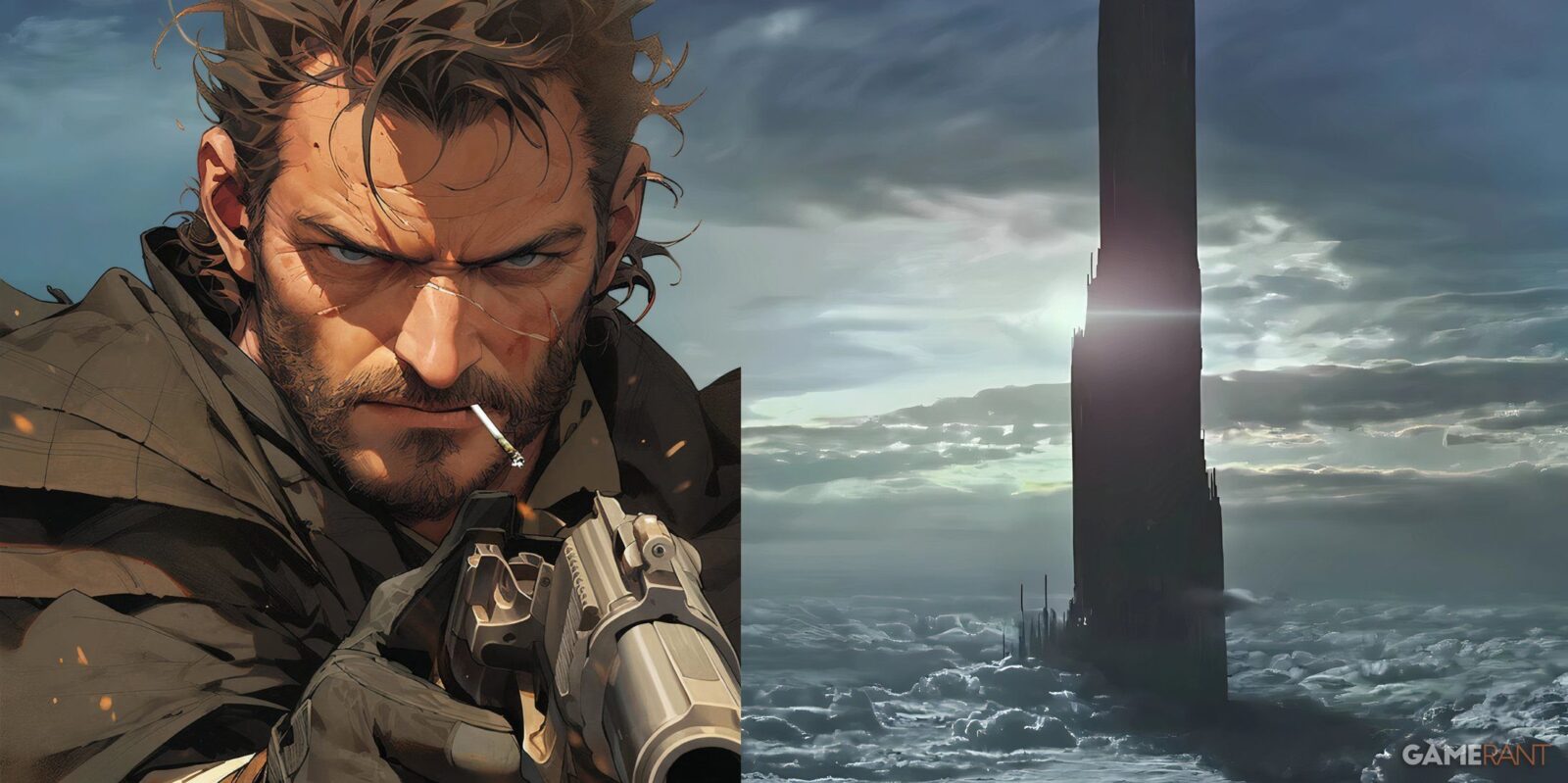
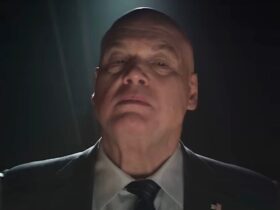

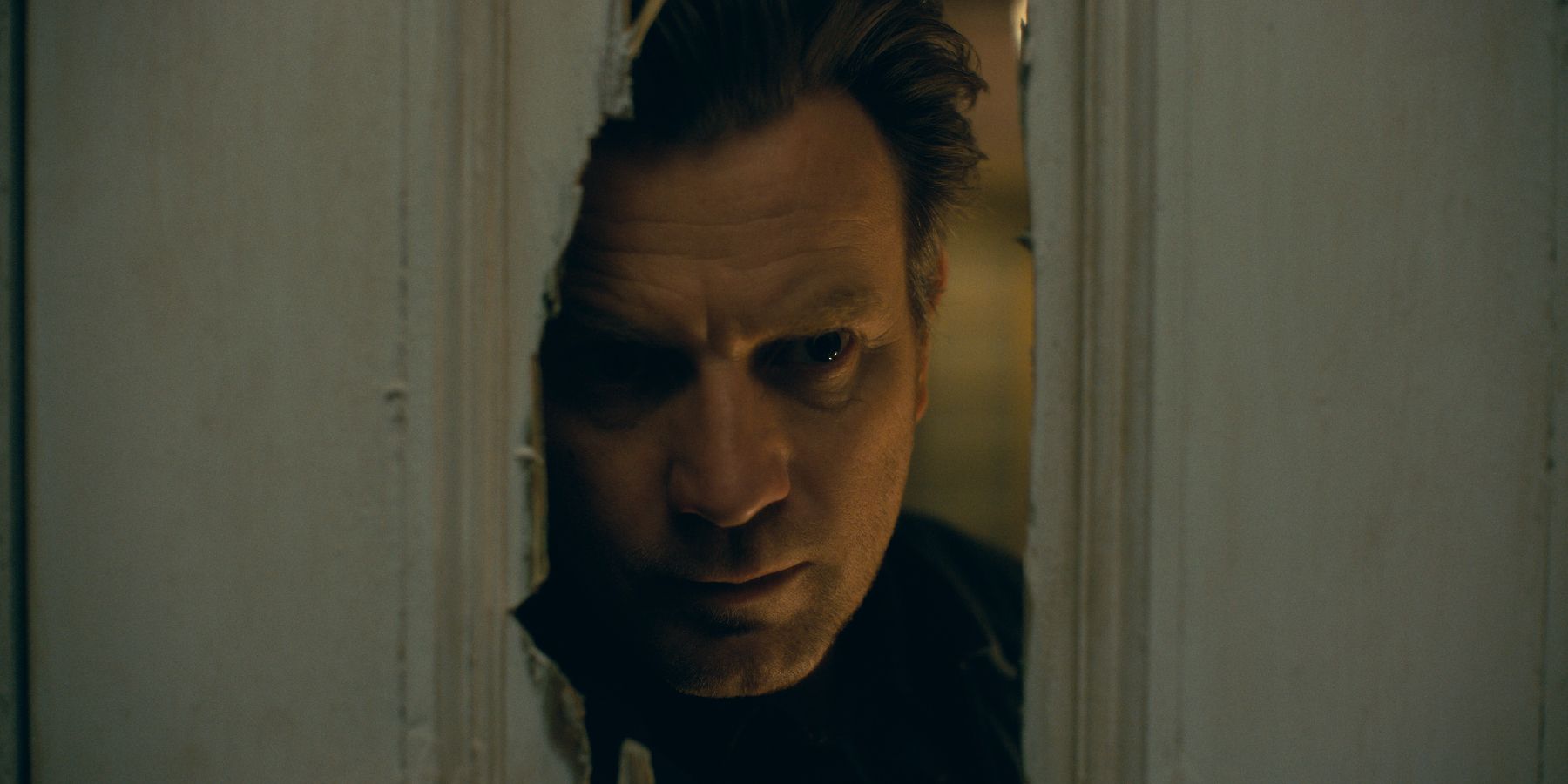




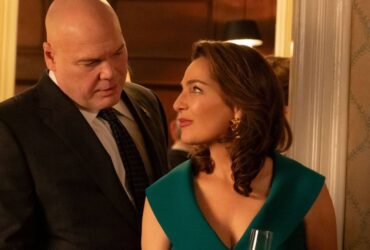
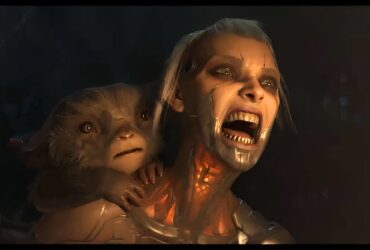
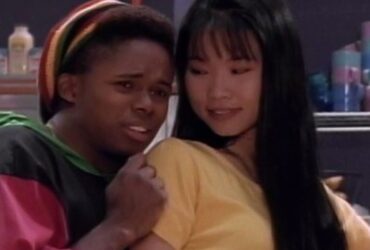
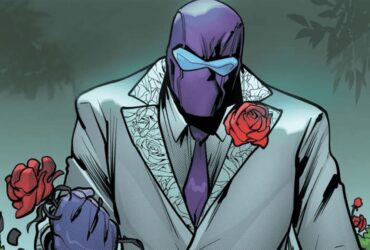
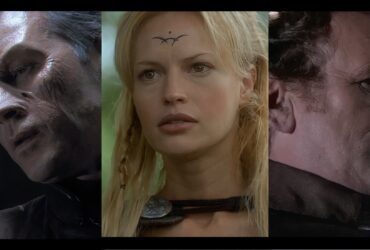
Leave a Reply